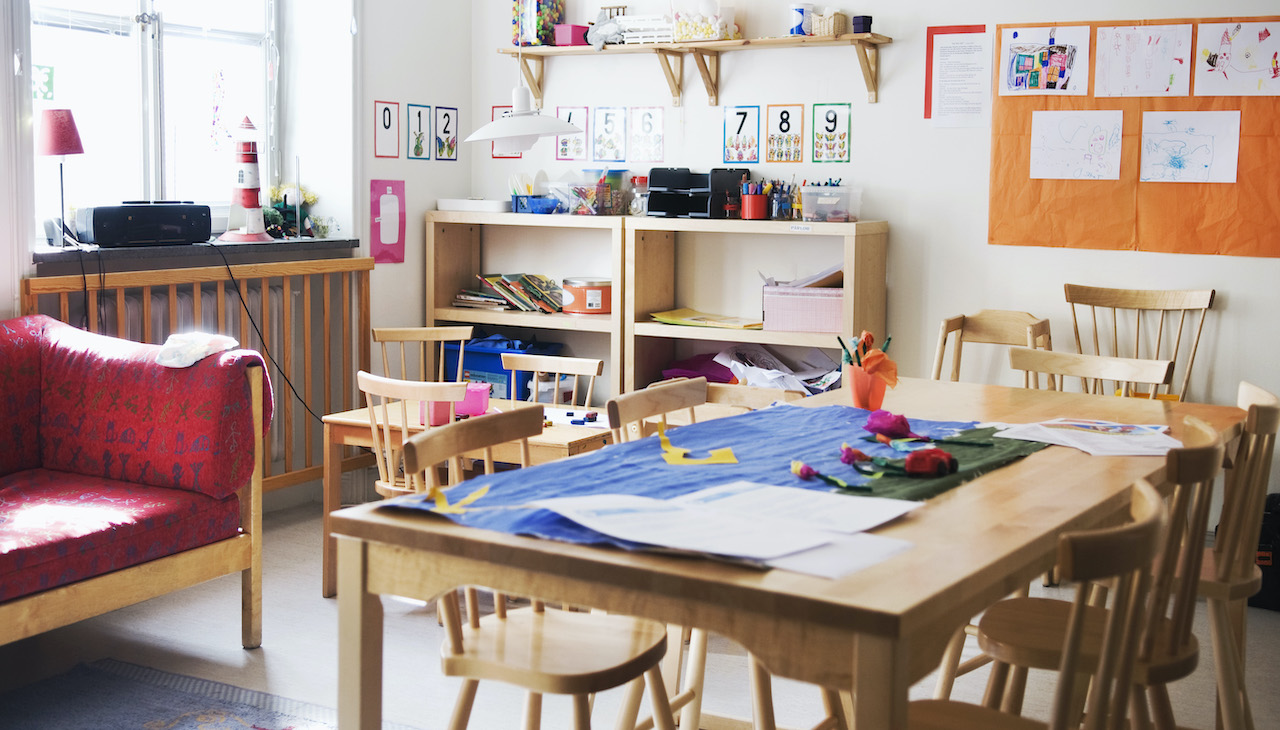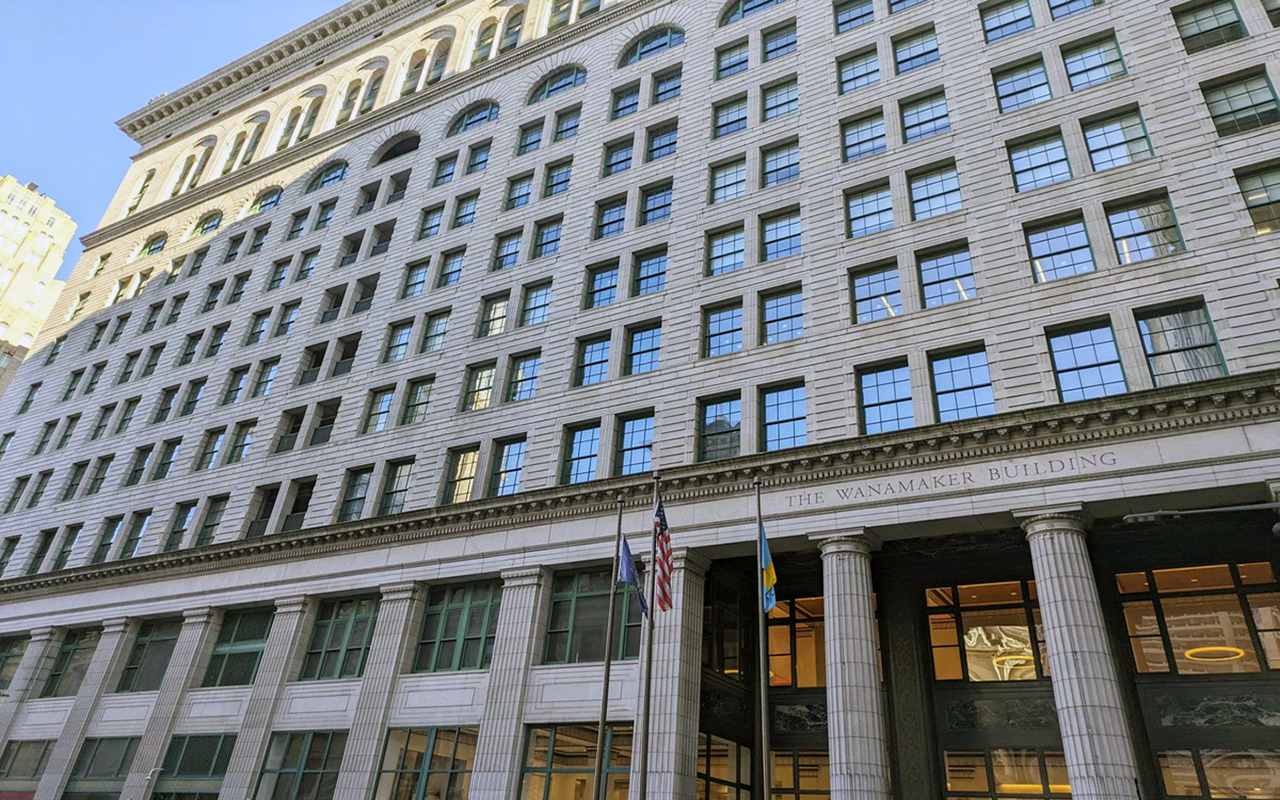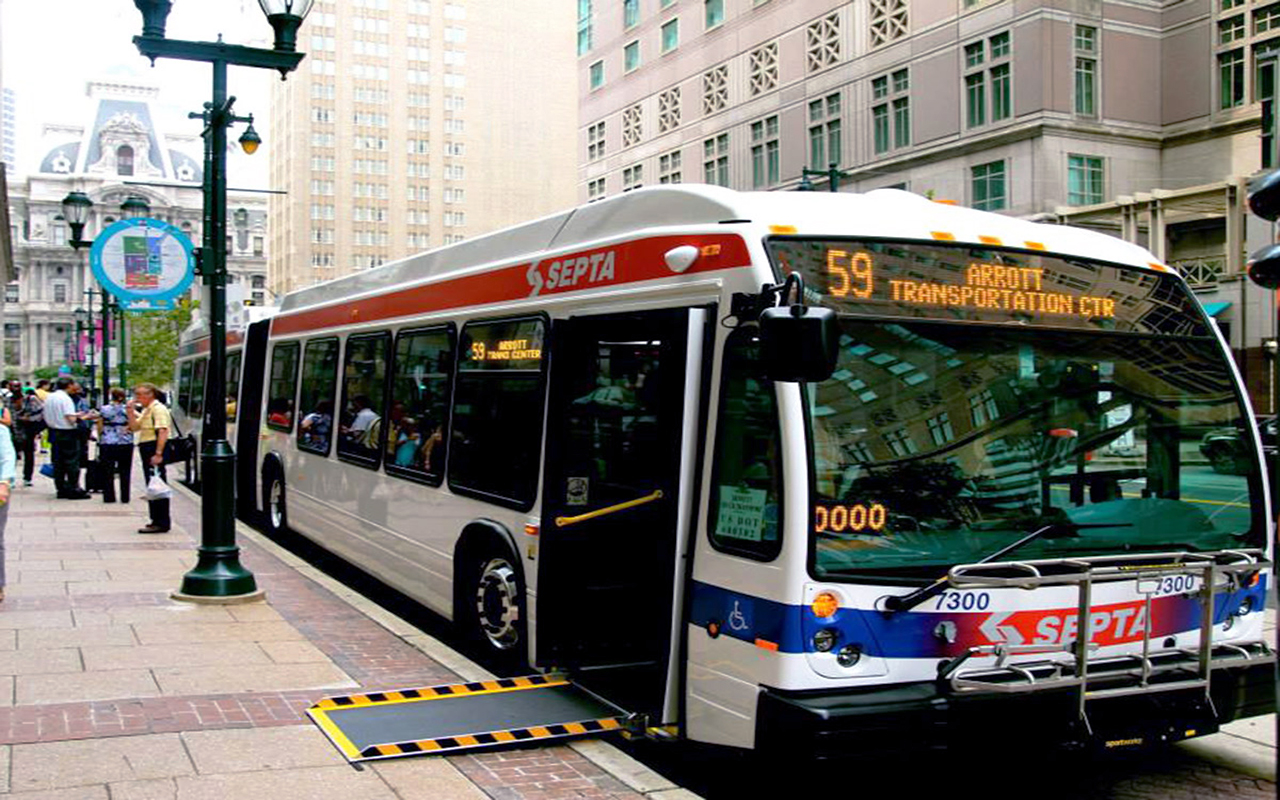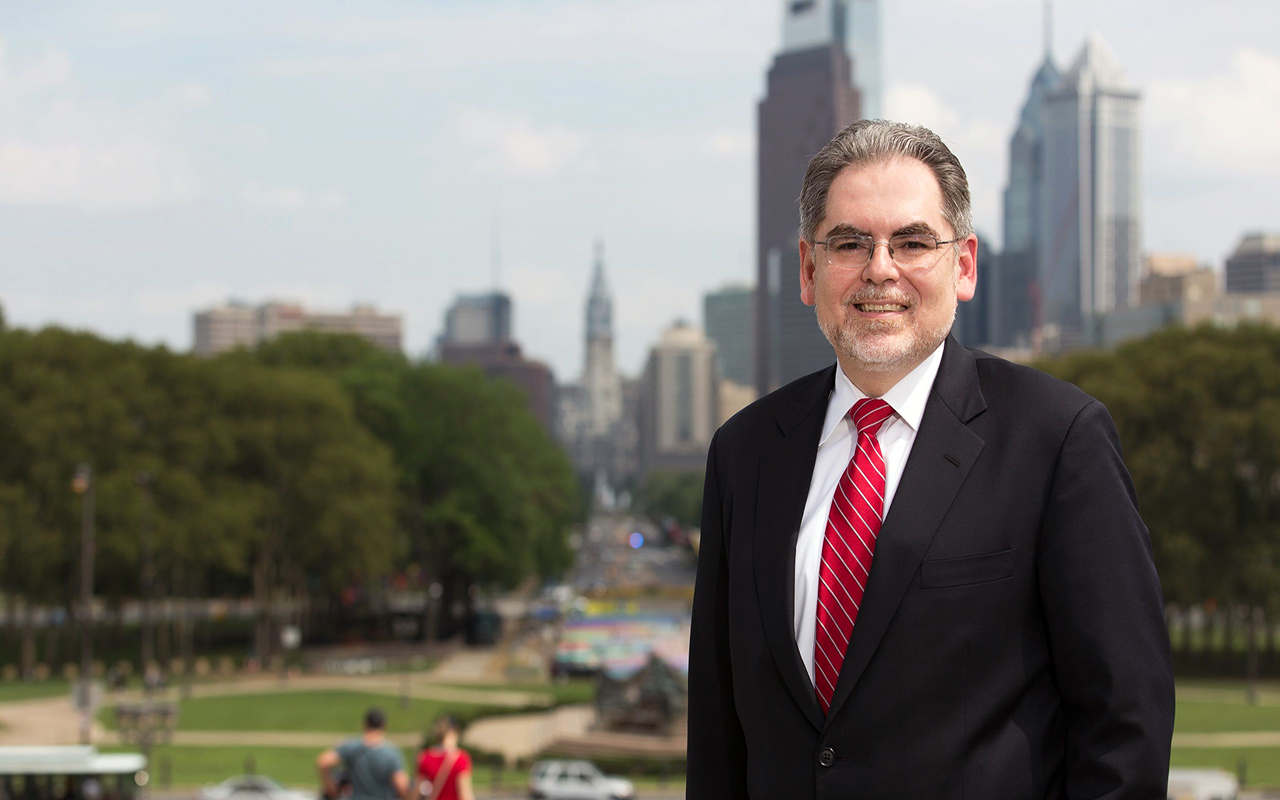
‘A Day Without Child Care’ draws protest at Philly City Hall demanding higher wages
On Monday, May 9, Community Change Action, the national group that helps low-income and communities of color organize, led a national day of action, with 24 Philadelphia centers participating in the strike.
28-year-old Isis Brooks, told the Philadelphia Inquirer that she had to call out of work on Monday because of the “Day Without Child Care” protest. The South Philly preschool that she usually brings her toddler to was closed, so her son had to spend the day with Brooks’ grandmother, which is an option that’s not always available.
My work is advocating for children, families & educators to have the well-resourced #childcare system our country needs. But I can’t do my work without child care for my kids. Today, let’s commit to making sure that no one has to go even one #DayWithoutChildCare. #SolveChildCare pic.twitter.com/zuayQJBNZB
— Lauren Hogan (@llhogan7) May 9, 2022
Brooks used to work in the child care industry, and is very familiar with the crisis that providers are facing. Workers are not making enough money and centers are struggling to recruit and keep hires. Meanwhile, many families are spending at least 20% of their income on child care costs.
Brooks joined in on the protest, joining a crowd of more than 100 child-care advocates in front of City Hall to demand better wages for childcare workers and affordable care for all families.
Shineal Hunter, founding member of the Family Center Academy, is calling on Congress to pass additional funding to help the industry.
Last year, Democrats attempted to grant billions of dollars into the industry as part of President Biden’s Build Back Better plan, but it ultimately collapsed. The spending bill would have expanded access to high-quality, affordable child care, capped childcare costs for middle-class families, and more.
A Day Without Childcare Rally 🪧#adaywithoutchildcare #solvechildcare #raisechildcare pic.twitter.com/fGwgni6QDJ
— Learn, Empower, Grow Consulting Group (@LEGConsulting) May 9, 2022
But Hunter and other advocates said that Pennsylvania already has the funds to support the caregiving industry. Last September, Gov. Tom Wolf announced its plan to distribute $655 million in funding it received from the American Rescue Plan in the form of grants.
According to the Department of Human Services, the state has at least $97 million in additional federal funding set aside for child care, and they are scheduled to be distributed in July and August 2022.
“It’s just sitting there and it’s not being released to child-care providers and we’re not sure why. We’ve been asking and we haven’t been told why,” Hunter told the Inquirer.
CONTENIDO RELACIONADO
Hunter said that for operations like hers, which enrolled 50 children before the pandemic, the impact of not having those funds could be devastating. Pandemic shutdowns have already led to the permanent closures of hundreds of licensed centers.
Hunter said that it’s near impossible for her to pay her staff a good wage, give them time off and flexible hours while also keeping up with the demands of the business.
“You have to pay your staff a certain livable wage. So where is all this money coming from?” Hunter said.
According to the U.S. Bureau of Labor Statistics, the hourly wage for a child care worker was $13.31 in May 2021. The average hourly wage of all workers that month was $28.01.
Aliyah Logan, from Smart Beginnings Early Learning Center, told Audacy that lawmakers need to see the urgency for better wages and affordable child care.
Join #Philly child care providers, parents for A Day Without Childcare & support the workforce behind the workforce! Mon, 5/9 from 9 AM to 10:30 AM @
— Children First (formerly PCCY) (@childrenfirstpa) May 3, 2022
Phila City Hall. Signs supporting early childhood teachers a plus! #DayWithoutChildcare
#RaiseChildCare https://t.co/7e3TxBPRKk pic.twitter.com/7KwQ9Akb6Y
“I think that they hear us when it’s time for elections, but I don’t think that they hear us. I don’t think that they see us. I think they look at us like many parents look at us, as babysitters,” Logan said.
Leslie Spina, executive director of Kinder Academy, said that this industry is very much the backbone of the economy, and that it costs a lot of money to do high-quality work and provide the country’s children with good nutrition, emotional wellness and academic success.
“Child care will never go away, but the part of the industry that’s high-quality is on the verge of collapse,” Spina told Audacy.









DEJE UN COMENTARIO:
¡Únete a la discusión! Deja un comentario.